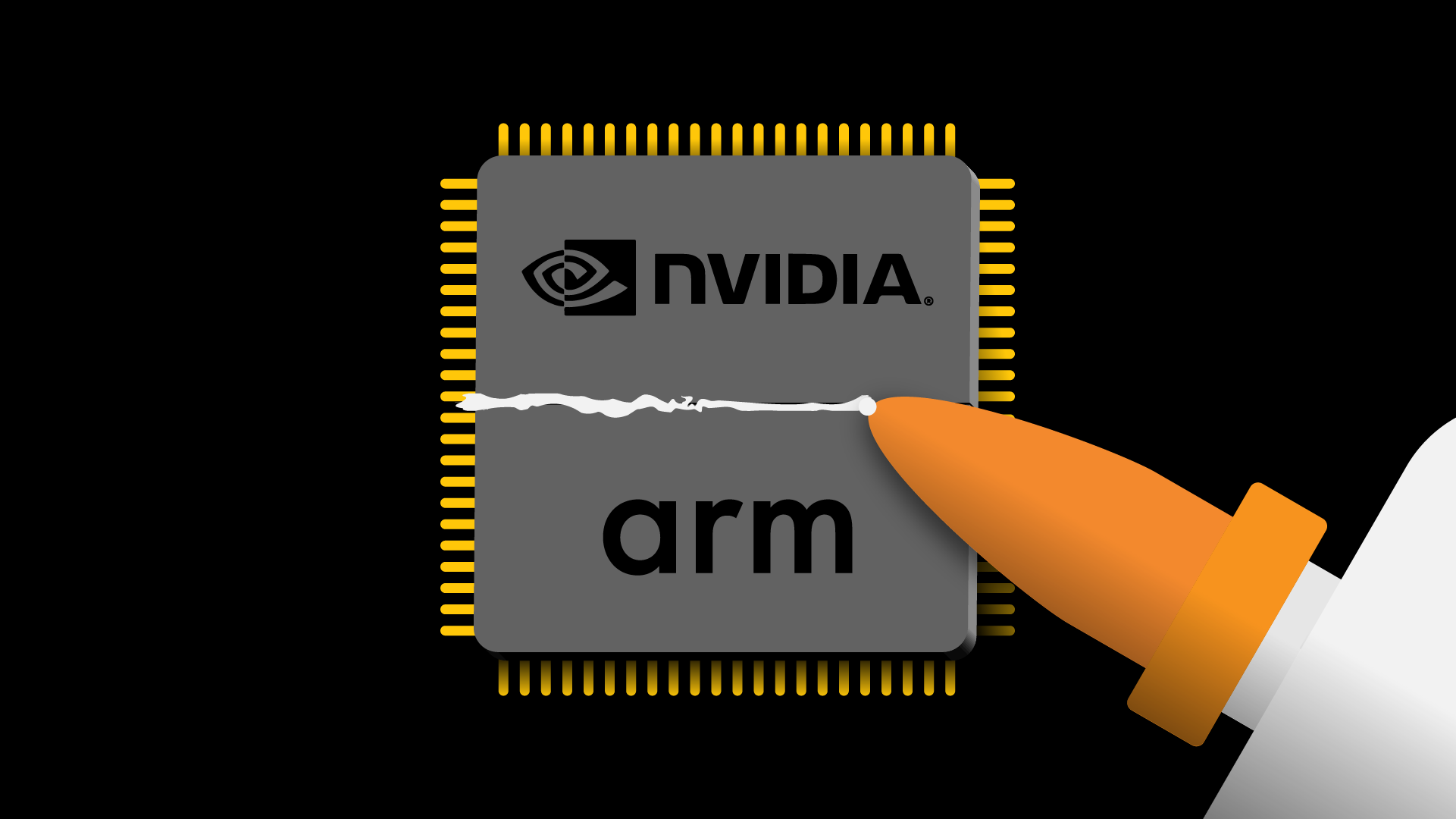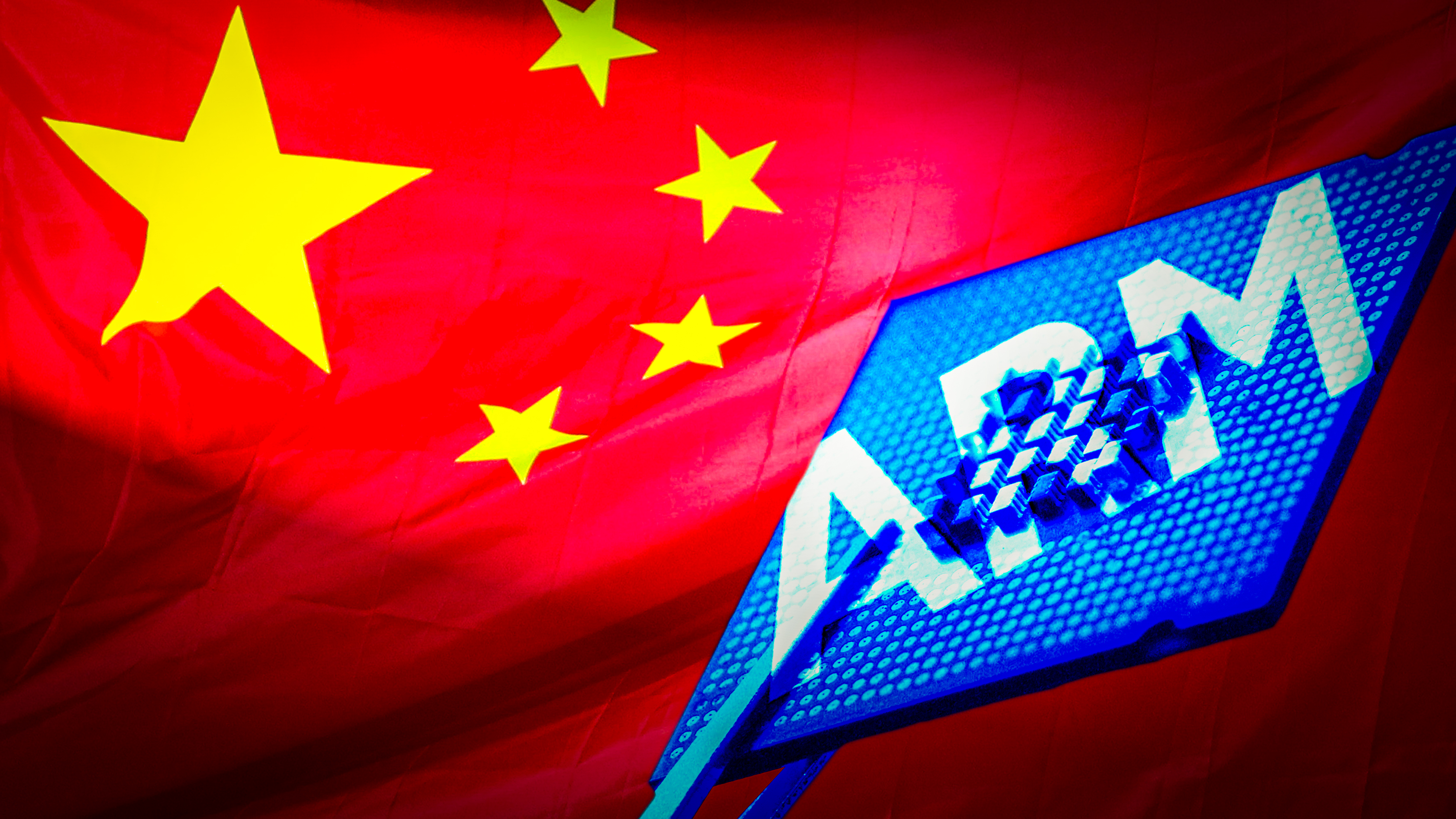ARM Processors are the foundations for all mobile chipsets we see today. Whether it be a Qualcomm Snapdragon, MediaTek Dimensity, Apple Silicon or Samsung Exynos chipset, chances are that all the aforementioned technologies are using ARM’s technology which includes its wildly popular ARM Cortex CPU Cores and ARM Mali GPUs.
In the early 2020s, Nvidia initially had plans to acquire the British semiconductor design company, ARM Limited, from its parent company, Softbank Group, the Japanese technology conglomerate headquartered in Tokyo for over 40 billion USD. However, Nvidia’s plan was disrupted due to rising regulatory conflicts with the US government and the acquisition was terminated in February 2022.

The aftermath of this was that Softbank now values its ARM chip-making business as more crucial to the entire tech industry. So valuable in fact, that Softbank is actually considering listing its ARM business as an entity on the US NASDAQ Stock Market to gain more funding to further develop the company.
According to Nikkei Asia, industry sources say that SoftBank wanted the NASDAQ IPO(Initial Public Offering) to take place by the end of March 2023, meaning that ARM needs to complete auditing between June and September this year, as per NASDAQ listing procedures.
However, ARM has one problem that has yet to be resolved to complete its internal organisation auditing, which is its tense relationship with ARM China, the Chinese subsidiary of ARM.

Ever since 2020, ARM has struggled to regain control of ARM China as the subsidiary’s head, Allen Wu, has refused to relinquish power despite a 7-1 board vote in June 2020 to kick him out. The spat has made it difficult for ARM to audit the financials of the company, creating a major stumbling block to an initial public offering in the US.
Because of this, ARM decided to now transfer its shares in its wayward China joint venture to a special purpose vehicle that it jointly owns with its parent SoftBank Group Corp. A partner at the U.S. law firm Katten Muchin Rosenman, Han Lijie, commented that creating a special purpose vehicle that will not be part of the offering will allow ARM to indirectly hold ARM China shares. That means it can treat ARM China as an investment rather than a subsidiary when reporting financials.
The move by ARM is seen to be clever, as it is now able to speed up its plans to go public if it decides to list in the US.
RELATED:
- Nvidia $40bn acquisition deal failing leads to Arm cutting 1,000 jobs
- MediaTek Dimensity 9000 apparently crushes Snapdragon 8 Gen 1 and Exynos 2200 on Geekbench 5
- Redmi K50 Pro with Dimensity 9000, 100MP cam; Redmi K50 with Dimensity 8100 launched
- Redmi K50 Pro Full Review: Dimensity 9000 — 2k OLED Display at $470!
(Via)






